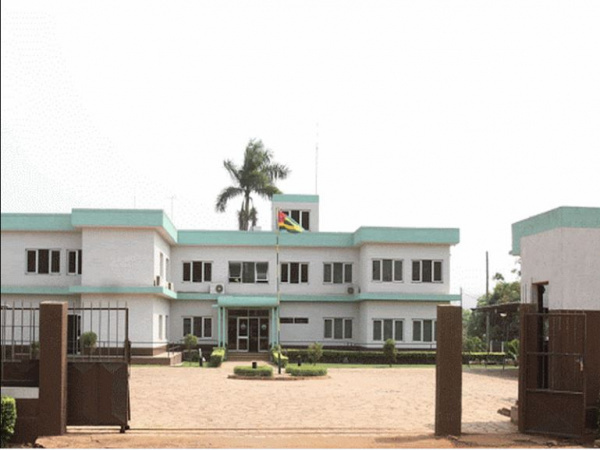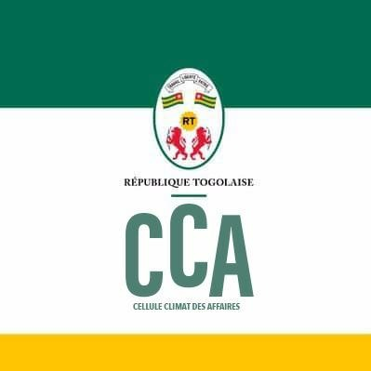Togo: This is why the government wants to privatize the NSCT

(Togo First) - In the past few days, many have been wondering about the privatization of the Nouvelle Société Cotonnière du Togo (NSCT). Talks between the Singaporean group Olam and the State are underway and if conclusive, the Asian firm could secure part or all of the latter’s stake in the public company. The privatization was approved on Monday by the parliament.
Concerns about the transaction are mainly related to the fact that usually in Togo when the State decides to privatize a business, it is due to low financial performances or internal issues. This time, however, sources close to the ministry of finance and economy indicated, it is not the case. The NSCT is doing well and posted a net result of XOF4.6 billion in 2019.
The decision to privatize the firm aligns with the authorities’ ambition to modernize the cotton sector, create a new chain of value, and take full control of the industry, from the production to the transformation stage, as well as direct, or intermediate consumption.
Great ambitions and great challenges
Togo thus relies on Olam which has recorded good results in countries such as Chad and Côte d’Ivoire, both in the cotton production and logistics sectors. The government, with the Asian group, plans to get its textile industry afloat and massively create jobs.
Concretely, the privatization of the NSCT should not negatively affect production at the Nioto oil factory which strongly depends on the former for its input.
During the previous cotton campaign, 2019-2020, Togo produced 116,000 tons of the crop. This is far from the 200,000 t yearly output which the country expects to reach in the next two years. To improve the situation, the government plans to motivate farmers who were discouraged by the drop in the price of a kilogram of cotton. Some sources suggest that authorities have entrusted Olam the task of significantly raising incomes of cotton farmers in the next three years, and ensuring a yield per hectare of 900-1000 kg in the short term.
Cotton is Togo’s first export and it contributes to 4% of the country’s gross domestic product (GDP).
Séna Akoda

















